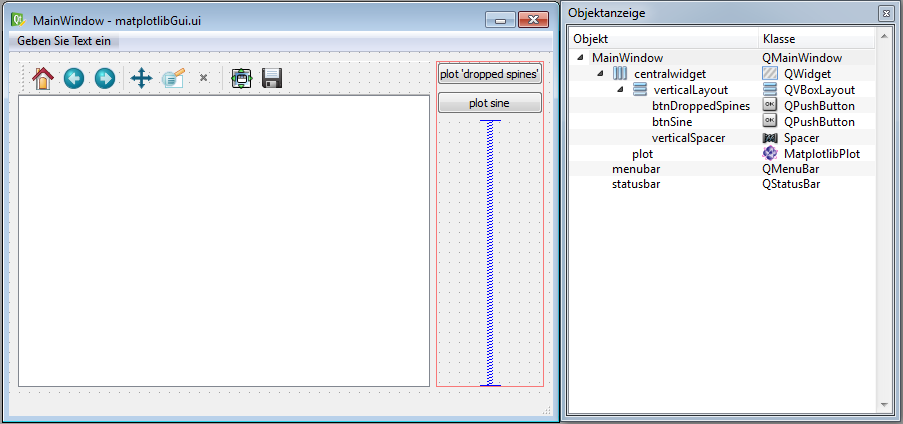

- Uuid generator python how to#
- Uuid generator python iso#
- Uuid generator python free#
- Uuid generator python mac#
Convert the String representation of UUID to valid UUID instance.Convert UUID to its String representation.Generate a UUID 3 and 5 based Name and cryptographic hash values.Get a cryptographically secure random UUID of version 4.
Uuid generator python mac#
Uuid generator python how to#
Uuid generator python free#
We hope you like this tutorial and if you have any doubts, feel free to ask in the comment tab below.In this article, we will learn how to use the Python UUID module to generate the universally unique identifiers. Print("\nGenerated UUID using UUID5() is: ",z) Generated UUID using UUID3() is: 0daa5e1d-4d86-3bb1-82bd-1bbe4ed5f6f8 Print("Generated UUID using UUID3() is: ",y) name – The string which id related to the specified namespace.namespace – It is the namespace identifier that we have discussed above.These will take two mandatory arguments as: These will generate UUIDs that are based on MD-5 and SHA-1 hashing algorithms that are applied to the name argument and the specified UUID namespace identifier. NAMESPACE_X500 – This string passed is an X.500 DN in DER or a text output format.
Uuid generator python iso#

Print("Generated UUID using UUID4() is: ",x) Let us generate a UUID using this function and try to convert them in different forms and apply other attributes that we have already discussed. We will look at UUID4() because it overcomes the drawbacks of using UUID1() and this generates a Fully Random UUID and therefore is secure. This is why they are less secure than other Versions of UUIDs. We notice that both the UUIDs are very much similar to each other. Print("1st generated UUID using UUID1() is: ",uuid.uuid1()) This function will return a 16 Byte randomly generated UUID that contains System’s host ID, sequence number, and the current time and due to which it is less secure than the other types of UUIDs.

time_hi_version – Next 16 bits of the UUID (48-63).time_mid – Next 16 bits of the UUID (32-47).time_low – First 32 bits of the UUID (0-31).fields – Returns a tuple containing values of 6 individual attributes and 2 derived attributes.If this fails to get the address any random 48-bit integer is returned. getnode() – Returns the Hardware address as a 48-bit integer.version – Returns the Version number(1 to 5) of the UUID.urn – Returns the UUID as a Uniform Resource Name.int – Returns the UUID as a 128-bit integer.hex – Returns the UUID as a 32-character hexadecimal string.



 0 kommentar(er)
0 kommentar(er)
